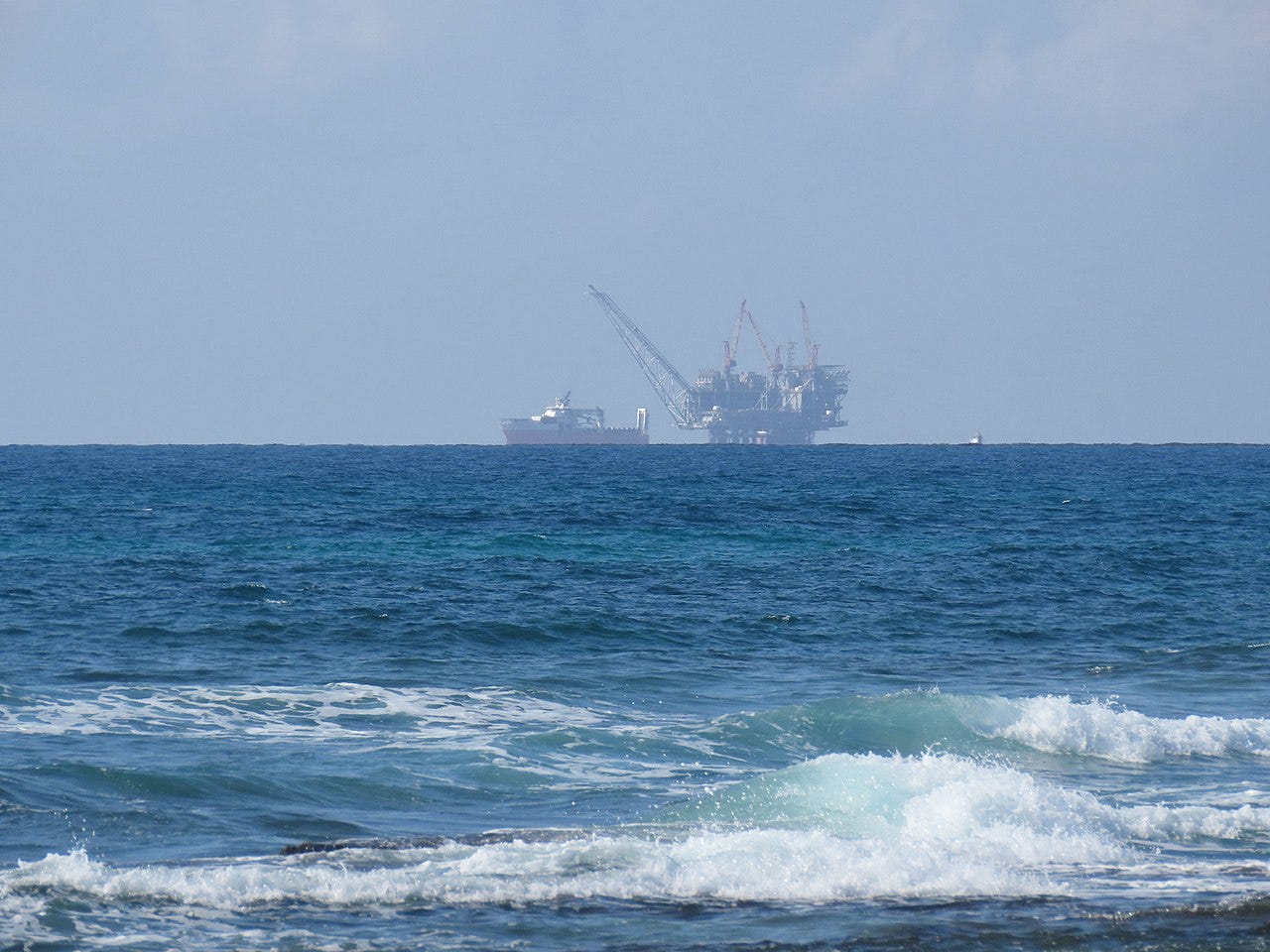Europe Comes Last in the Race for Mediterranean Gas
Discoveries of natural gas in the eastern Mediterranean promise to turn regional players like Egypt and Turkey from energy consumers into suppliers. But not Europe.

The European Union’s foremost geopolitical challenge is its massive reliance on imports for both crude oil and natural gas. In 2019, the bloc had a total energy dependency ratio of 60%.1 Not one of the EU’s 27 member states is a net exporter of energy.2 For both oil and natural gas, its sources are not politically ideal. In 2019, 27% of oil imports and 41% of gas imports came from Russia.3 To secure enough energy for a highly developed and industrialized yet energy poor bloc of nearly 450 million people is a considerable challenge for Europe’s political and business elites. While an internal debate is ongoing between proponents of “green” renewables like photovoltaic solar panels and those who wish to expand nuclear plants, the most immediately viable solution to Europe’s energy deficit remains an abundance of hydrocarbon energy like oil and natural gas. If the political cost of Russian gas is too high, a partial alternative for Europe could be found in the Mediterranean.

